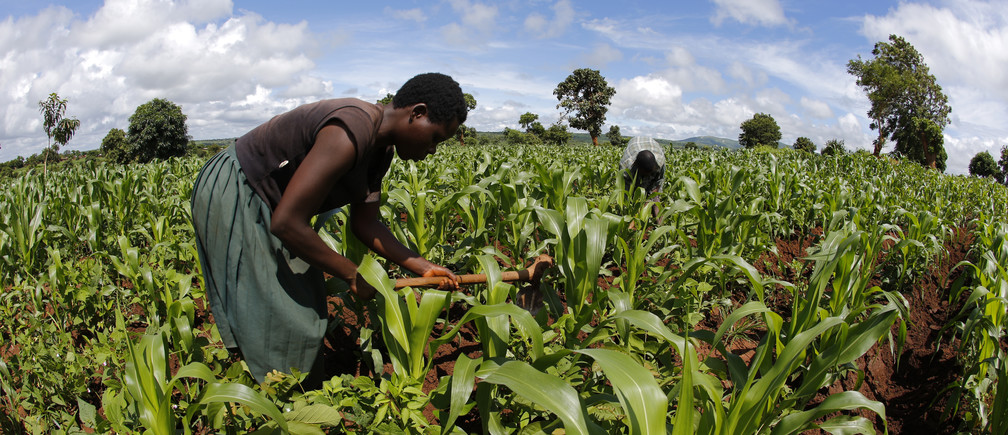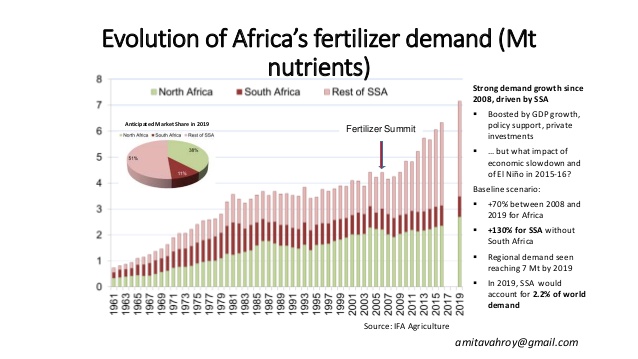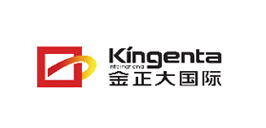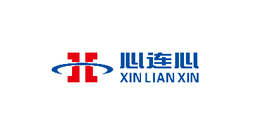Wendell Roelf
CAPE TOWN, Sept 25 (Reuters) - Africa’s annual fertilizer consumption is expected to reach 13.6 million metric tonnes of nutrient by 2030 from 7.6 mmt now, with East and West Africa fast growth areas as farmers look to boost crop yields, industry analysts CRU said on Tuesday.

The world’s poorest continent, which has vast tracts of uncultivated land and where most of the population are subsistence farmers, has traditionally lagged behind other regions when it comes to fertilizer use.
According to the African Development Bank, fertilizer consumption across Africa has marginally increased since 2010 from 25 to 27 kg per hectare of arable land, and from 12.4 to 14.9 kg per hectare for low-income African countries, less than one-twentieth of Asian and Latin American countries.
“Fertilizer consumption in Eastern and Western Africa is likely to increase three to four-fold in the next 10 to 15 years,” said Peter Heffernan, head of global fertilizers and chemicals at CRU analysts.
Consumption in West Africa is forecast to more than double, rising to 4.6 mmt by 2030 from 1.9 mmt now, he said.
“These two regions are the fastest growing fertilizer consumption hotspots in the world at the moment,” he told Reuters on the sidelines of an African fertilizer conference in Cape Town.

Africa’s richest man Aliko Dangote is developing a 1.5 million tonne fertiliser plant in Nigeria’s commercial hub of Lagos, which he expects to commission by the end of the year.
Singapore-owned Indorama Eleme Petrochemicals Ltd is seeking to double its Nigerian plant annual output of urea fertiliser to 2.8 million tonnes, and plans to list in Lagos next year.
Other firms looking to the continent to expand their operations are Yara and Saudi Arabia’s Ma’aden.
“Previously when there was an apprehension by most smallholder farmers to apply fertilizer thinking it will damage their soil, that apprehension is no longer there,” said Ashish Lakhotia, chief executive of ETG Inputs. (Editing by Ed Osmond)
Source from: www.reuters.com






